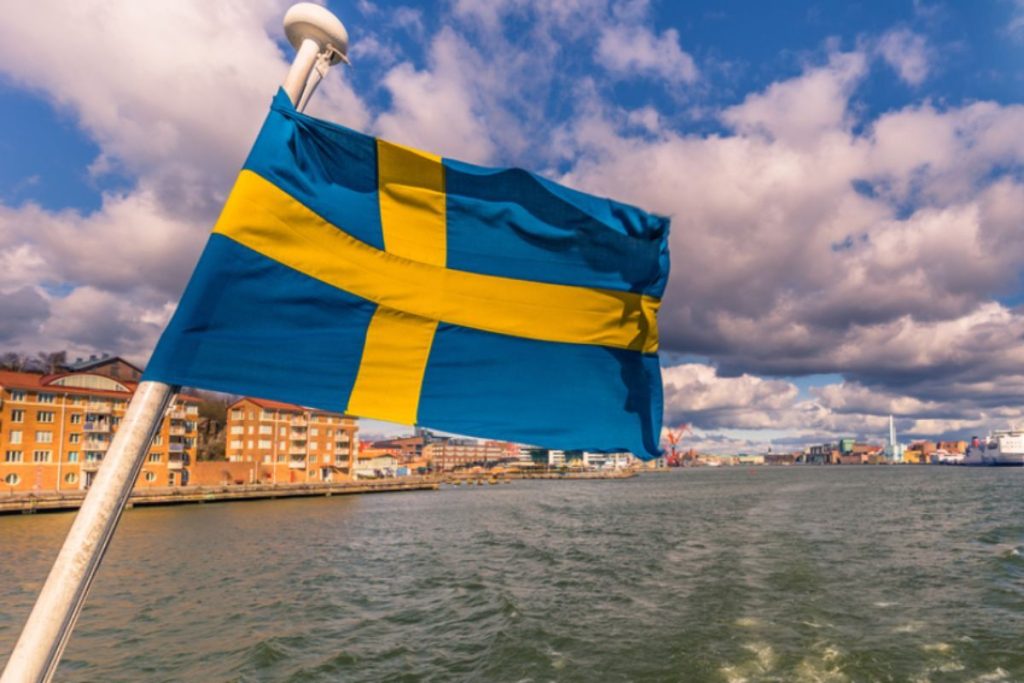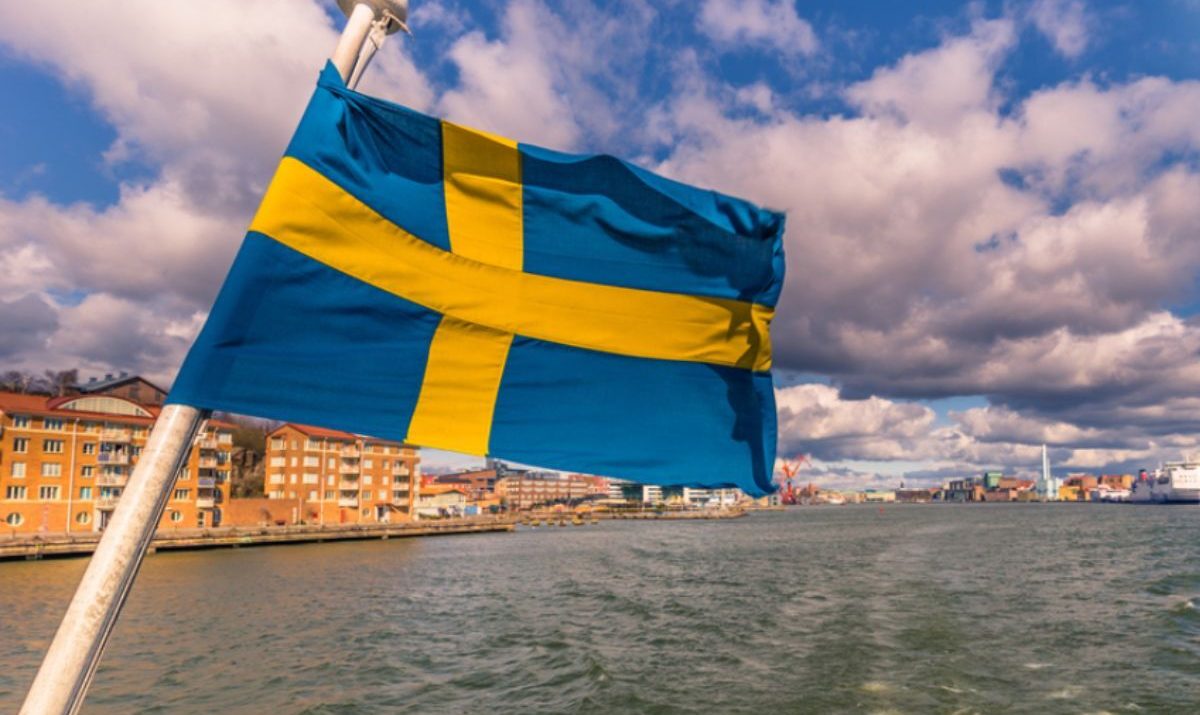Sweden’s government has unveiled plans to substantially increase financial grants for immigrants, including Nigerians, who voluntarily choose to return to their home countries. Beginning in 2026, migrants will be eligible to receive up to 350,000 Swedish kronor (approximately $34,000) under the new initiative, which is part of a broader shift in the country’s migration policy.

This incentive is significantly higher than the current support, where immigrants can receive up to 10,000 kronor per adult and 5,000 kronor per child, with a maximum of 40,000 kronor per family. The right-wing government, supported by the anti-immigration Sweden Democrats, introduced the measure to encourage more immigrants to take advantage of this return program, which has been available since 1984 but has seen limited use.
Migration Minister Johan Forssell described the initiative as a “paradigm shift” in Sweden’s migration policy, which aims to manage immigration more effectively amid growing concerns over integration and rising crime. Despite pushback from a government-appointed probe that questioned the cost-effectiveness of such a large increase, Prime Minister Ulf Kristersson’s administration is determined to move forward with the policy as part of its broader efforts to address immigration challenges.
Sweden has historically welcomed migrants from war-torn regions such as the former Yugoslavia, Syria, Afghanistan, Somalia, and Iraq. However, integration difficulties have prompted the government to explore new measures like this increased repatriation grant. By offering a larger financial incentive, the Swedish government hopes to encourage more immigrants to return voluntarily to their countries of origin.






